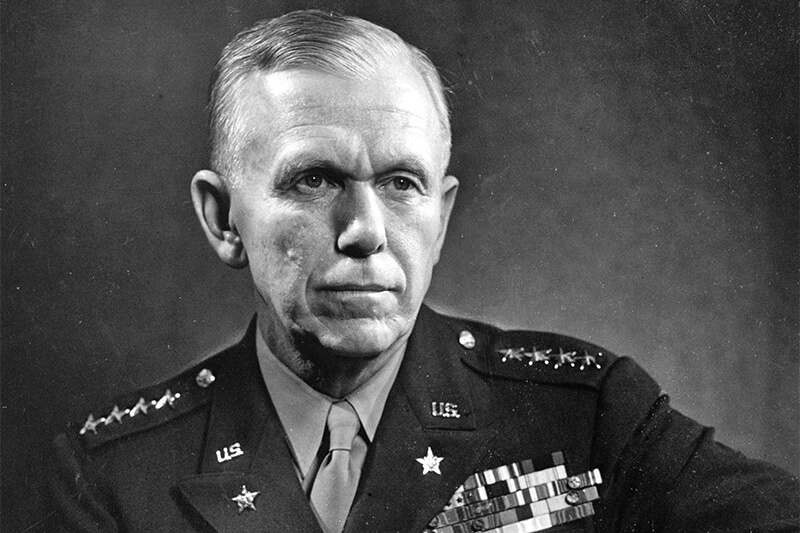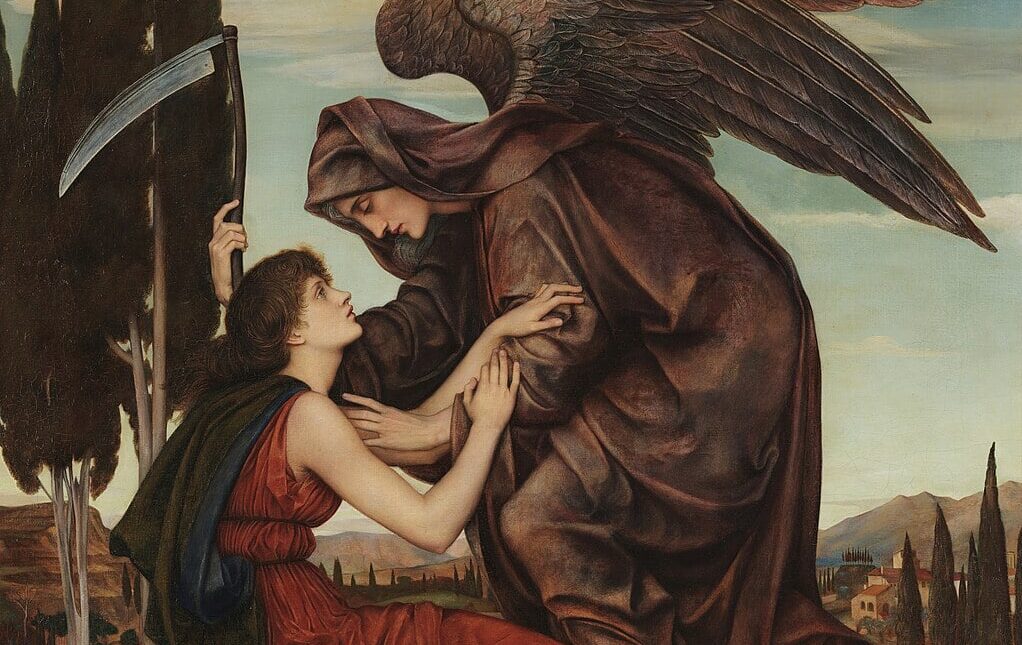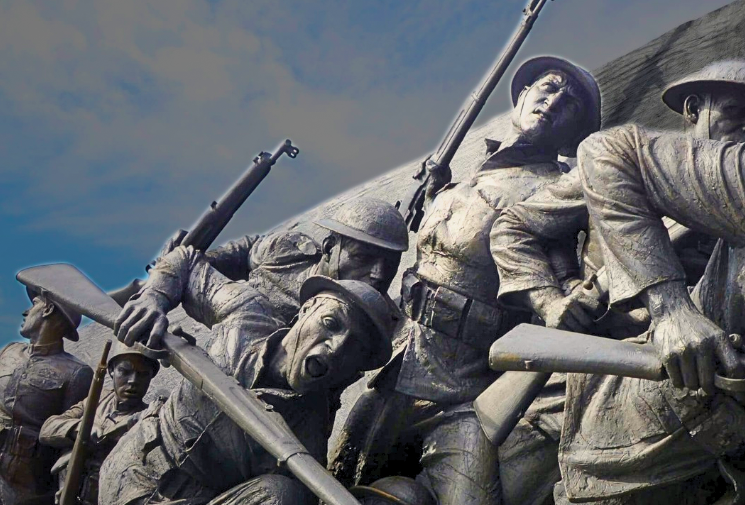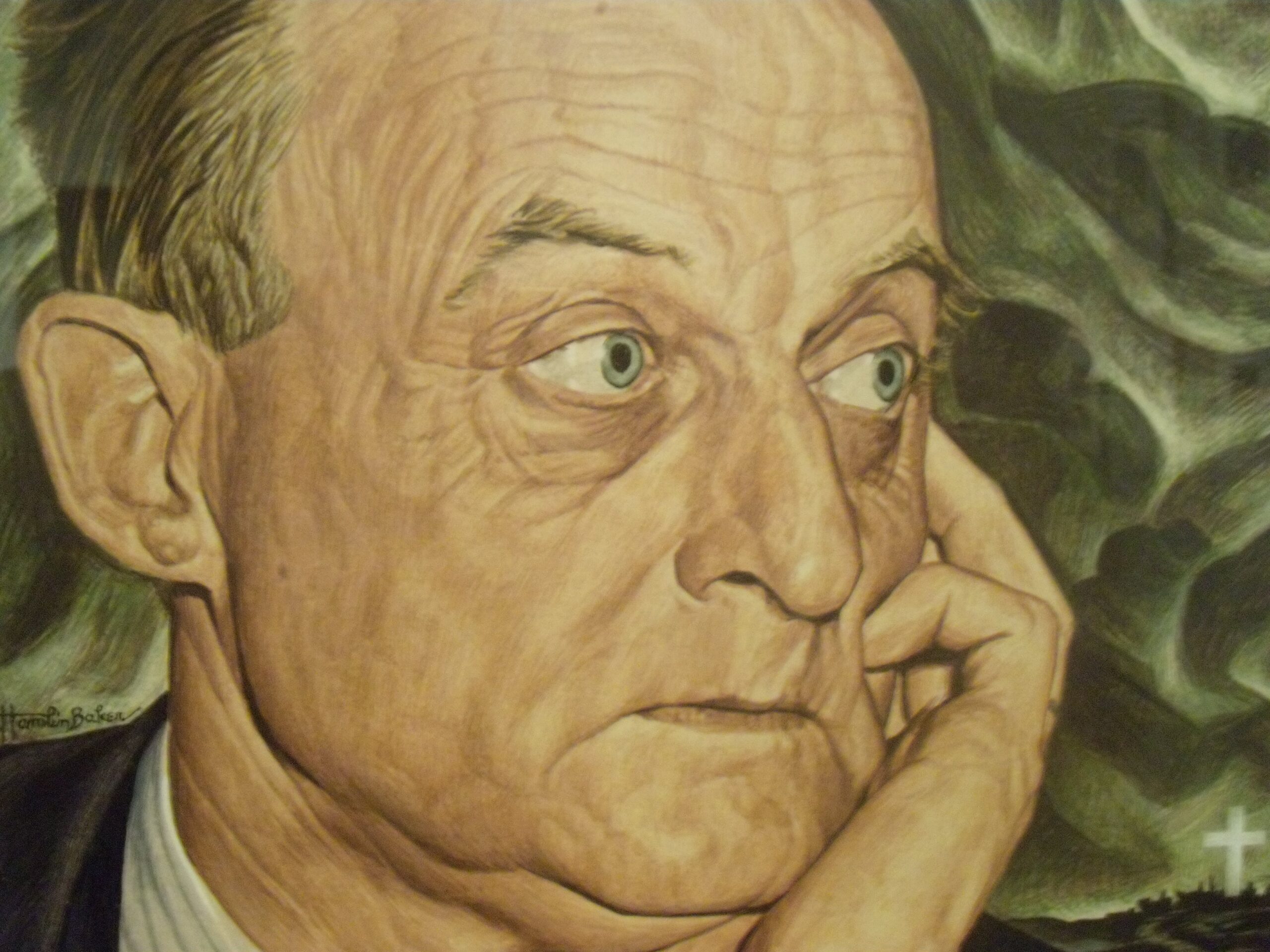When you start to consider his words and career, you may be relieved to discover that Edmund Burke (1729–1797) was not one more intellectual divorced from both real life and common sense. Just the opposite: Burke’s political philosophy grew and matured in the controversies of his day, and his good judgment and sound counsel have proved their worth over time. For both individuals and societies, his true contribution was not pure theory but rather guideposts for living well and avoiding calamity.
Burke favored tradition, including the wisdom distilled from experience and accreted over generations, but he also embraced prudent reform. He treasured liberty but stressed its nurturance and discipline within a social and moral order. And—unlike many citizens today who tend to think only of the individual in relation to the national government—he highlighted the role of the “little platoons,” such as churches and schools, in building character and a benevolent society.
He was perceptive about the bonds that unite us. Within this web of meaning and mutuality, citizens properly feel gratitude for what they have received from forebears, and their thankful disposition motivates their concern for future generations. Therefore they willingly answer the call of community or country, and duty becomes a habit they do not have to question each time they are challenged to do the right thing. Burke leads us to quiet virtues—faith, humility, duty, gratitude, prudence, temperance—that we need in our own time.
You gain a sense of what Burke meant and of his ongoing pertinence when you test his themes in the context of the life of an American general revered for his character as much as for his leadership: George C. Marshall (1880–1959). Churchill designated him the “organizer of victory” in World War II. And on June 5, 1947, when Marshall as secretary of state spoke at Harvard University and announced the European Recovery Program (which became known as the Marshall Plan), his honorary-degree citation referred to him as “a soldier and statesman whose ability and character brook only one comparison in the history of the nation”: that is, to George Washington.
One of the little platoons that influenced George Marshall was his home parish, St. Peter’s Episcopal Church, in Uniontown, Pennsylvania. Each Sunday members of this congregation would have followed the words—psalter, scripture readings, prayers—that were familiar to William Shakespeare, John Donne, Samuel Johnson, the kings of England, and, yes, the Anglo-Irish statesman Edmund Burke. The Episcopal Church in the United States was the American offshoot of the established—and rather formal—Church of England, whose leader, the Archbishop of Canterbury, was the head of the worldwide Anglican Communion.
Thus Marshall and Burke shared a famous liturgical text, the Book of Common Prayer, which, together with the King James Version of the Bible, had such a powerful impact on English language and literature down the centuries, almost—but not quite—to the present day. Gradual nurture and slow transformation, not a dramatic and emotional conversion experience, marked George Marshall’s spiritual journey. Through the stately language of the Book of Common Prayer, worshipers participated in biblically oriented services that offered a structure to flawed human beings: a rhythm of contrition and repentance, thanksgiving and renewal.
The prayer books that Burke and Marshall came to know almost by heart included clear statements of human fallenness: an unpopular theme today, even in churches. The General Confession, which congregations recited at every service of morning or evening prayer, acknowledged the drag of selfishness on even our best efforts: “We have followed too much the devices and desires of our own hearts. . . .” These words reinforced worshipers’ sense of humility before God and one another. Burke prized humility, affirming its much-needed place in the thinking and practice of politicians.
The prayer book incorporated another motif—forgiveness, reconciliation, peace, and freedom. Indeed, this mixture of themes in the Book of Common Prayer—sin and grace, tragedy and triumph—amounted to “Christian realism” before the theologian Reinhold Niebuhr (1892–1971) made that phrase widely known.
Realism and hope, prudence and promise, featured in the Marshall Plan, as well: balance-of-power strategy wedded to compassionate intervention, all in defense of justice and freedom. Marshall’s foreign policy, which can best be characterized as conservative internationalism, was consonant with his—and Edmund Burke’s—core beliefs about human nature and human destiny.
Other fructifying seeds, including historical exemplars, were planted in the soil of Marshall’s youth. His father led him on tours of nearby sites important in the early military exploits of George Washington. From Washington in particular Marshall learned and took to heart the virtue of duty—answering without wavering when duty called—so that even when, many years later, he hoped to retire from public life, he still said yes to his nation’s summons. This sense of responsibility—doing what he knew he ought to do rather than what he would have liked to do—became second nature to him.
This moral inclination is a strong feature of any society that knows that individual liberty is not the sole criterion for good, healthy living. In the Collect for Peace in the Book of Common Prayer are phrases ingrained in Burke and Marshall from childhood: the service of God, who is “the author of peace and lover of concord,” rather than indulgence of self, is the path of “perfect freedom.”
This ethical awareness—more specifically, this steady purpose—is what Burke, in his classic Reflections on the Revolution in France (1790), means by “prejudice,” which, he says, “does not leave [a person] hesitating in the moment of decision, sceptical, puzzled, and unresolved.” Virtues coalesce to form character so that reliability in moral practice, rather than “a series of disconnected acts,” becomes a person’s consistent pattern of behavior. In this way, “duty,” Burke notes, “becomes a part of [a person’s] nature.” So it was with George Marshall.
Burke’s misgivings about the reigning, liberal understanding of “contract” are well known. Our larger “connexions,” to use his word, are decisive: rather than resembling a contract in civil law, our social relations and obligations ought to be viewed with “reverence” as “a partnership” in knowledge, in art, and “in every virtue.” Burke had a profound grasp of social order and of the moral duty that these relations entail: obligation impelled by thankfulness.
In his Conservatism: An Invitation to the Great Tradition (2017), Sir Roger Scruton helpfully unfolds the implications of Burke’s “defence of the social inheritance.” Not contract but trusteeship is what Burke had in mind: “a shared inheritance for the sake of which we learn to circumscribe our demands” and to see our place “as part of a . . . chain of giving and receiving.” Thus “the good things we inherit are not ours to spoil but ours to safeguard.”
Therefore, Scruton points out, we proceed not by “cost-benefit calculations,” as we might if we were deal-making prior to a favorable contract, but by “seeing ourselves as inheriting benefits and passing them on.” Looking out for the welfare of future generations is simply an expression of our gratitude for what we ourselves have received.
By no means a regular student of political philosophy, Marshall nonetheless knew in his bones just what Burke had in mind. The American general never forgot what free citizens owe to warriors in a just cause. When in 1953 he accepted the Nobel Peace Prize, he referred to “the cost of war in human lives . . . constantly spread before me.”
Speaking to college students in 1951, Marshall urged his listeners to “appreciate” what America means and to “cease to accept as a matter of course your blessings, your rare good fortune.” If you do appreciate these gifts, then “you will turn seriously . . . to the problem of what you personally can do to see that the United States . . . continues a great democracy and a bulwark of freedom.” In these remarks, Marshall identified the single virtue that is both the inspiration for an individual’s personal contribution and a buttress of liberty and the rule of law because it is the only fitting response to those who secured our freedoms “inch by inch”: gratitude.
Through the years, many people, as they have plumbed the life and career of General Marshall, have come to admire him. Reading his story in the light of Burke helps us appreciate his example even more, for in this way we can better grasp the underpinnings of his responsible character and his leadership for others. By the same token, reading Burke with Marshall in mind enables us to see elements of the eighteenth-century man’s meaning in the concrete particulars of an active life nobly lived. Then we might usefully go on to ask what value inheres in Burke’s insights for our own demanding era.
Read the words of Burke and other writers within the great tradition, and then assess their claims by examining the lives of our best leaders, paying close attention to their formation, their deeds, their virtues, their larger “connexions,” and their impact on history.
You will obtain from Burke an awareness of both the merits and the costs of continuity across time. You will acknowledge the moral beauty of self-mastery, temperance: a disciplined ordering of the self’s impulses and realization of its potentialities. Self-denial in league with self-preservation: citizens’ temperance is crucial to a republic’s success. And you will see that a balanced view of human nature and human destiny will enhance your practice of prudence. This most Burkean of virtues will help you to translate and apply moral norms within the messy real world in which we all try to make our way, typically in a fog of imponderables through a maze of competing principles.
David Hein (PhD, University of Virginia) is a senior fellow at the George C. Marshall Foundation, in Lexington, Virginia. His publications include ten books and sixty articles in professional journals. His essays on General Marshall have appeared in Touchstone, Modern Age, the Imaginative Conservative, and Providence: A Journal of Christianity and American Foreign Policy.
Founded in 1957 by the great Russell Kirk, Modern Age is the forum for stimulating debate and discussion of the most important ideas of concern to conservatives of all stripes. It plays a vital role in these contentious, confusing times by applying timeless principles to the specific conditions and crises of our age—to what Kirk, in the inaugural issue, called “the great moral and social and political and economic and literary questions of the hour.”
Subscribe to Modern Age »













